Apply for this course
Please select when you would like to start:
Use the apply button to begin your application.
If you require a Student visa and wish to study a postgraduate course on a part-time basis, please read our how to apply information for international students to ensure you have all the details you need about the application process.
Why study this course?
Do you find yourself concerned by current problems of social and economic inequality? Are you seeking a solution which could support methods to instigate power shifts? “The Commons” as a field of study is considered to offer this very solution.
This postgraduate certificate offers a unique opportunity to rigorously interrogate new forms of practice; to challenge unequal power relations; to question planetary resource extraction and to tackle the inequalities of market-focussed capitalism. Modules for this certificate examine the history and theory of Commons and a detailed look at commoning practice. If you’re looking to develop financially stable practices for delivering ethical services and products, the modules on this course will put you well on your way. This course also enables you to interrogate or intervene in an existing organisation/institution.
Gain the knowledge you need to get involved in the Commons
Whether you are already involved in social or political practice, or looking to be, this course will help you to uncover the history and theory of Commons and to apply this to your own experiences
Open up your mind to new possibilities
In this supportive, mentoring environment, your modules will act as laboratories for innovating fair, ecological and democratic forms of cultural practice relevant to the networked, decentralised and interconnected (glocal) world of tomorrow
Take your academic career to the next level
Gaining this PG Cert qualification can also support the development of Mphil and Phd proposals if you are keen to pursue a further qualification
Course modules
The modules listed below are for the academic year 2024/25 and represent the course modules at this time. Modules and module details (including, but not limited to, location and time) are subject to change over time.
Year modules
Inclusive Engagement Methods
This module currently runs:spring semester - Wednesday evening
autumn semester - Monday evening
(core, 20 credits)
This module introduces the latest theories and best practice for community engagement using socially-engaged art methods and creative co-production in ‘New Commons’ thinking. The module asks you to critically engage with issues of social justice and care and to question engagement models that are conventionally municipal and managerial.
A key aim of this module is to learn how to engage to empower beneficiaries and stakeholders to have influence rather than simply to consult. Whilst the former is about enabling a shift in systems the latter is utilised to maintain a system. The module is delivered through a series of lectures encompassing a range of disciplines and community engagement methods in citizenship, socially-engaged art and design and theory of change. The seminars and workshops that follow the lectures put the theories learned into practice. This can be a challenge to professional students who may not have such projects at hand at which point we can place you in a project at the start of the module. Within the workshops you will discuss and design your role, methods of collaboration and co-production and your relationship with potential partners and institutions. You will be encouraged to publicly present your methods in real-world scenarios.
You will be asked to visualise your methods through appropriate media to communicate key findings in the engagement process. As your projects will be embedded in social contexts you will learn about ethical dilemmas and the ethics of care. Readings on social psychology and concepts of inclusion will support an understanding of how to design situated and specific engagement methods. You will develop skills for cooperative and collaborative working that can lead to social impact inside and outside the classroom. You will be taught to assess impact through simple monitoring and evaluation methods. The final conceptualistion of community engagement and its impact analysis is done through the framework of the New Commons.
The module’s aim is to enable you to deliver community engagement for organisations that may range from private companies to public and third sector organisations. The community engagement methods can also be applied within teams at work situations. Community engagement is a craft that is individual in style and is perfected the more it is practised, reflected on and improved.
Read full detailsSocial Artefacts and Services
This module currently runs:autumn semester - Thursday evening
(core, 20 credits)
This module reveals how products - be they art, architecture or design - and services can be conceptualised to prioritise social benefit, agency and planetary care. You will learn what it means for artifacts to be part of a localised supply and demand chain to reduce their carbon footprint and consequent impact on social equity. These artifacts will focus on the type of human and non-human relationships they produce whilst being made, exchanged and used. The qualities of relationships produced in services provided by public and third sector will be interrogated.
The raw materials, means of production, artists’ and designers’ intentions, the social production of relationships and systems of exchange (money or otherwise) will all be considered as part of the usefulness of the goods produced. You will become able to look critically at the relationships of labour, power and empowerment as an integral part of the function and usefulness of both the artefact and the service. The design of those socially beneficial products and services will be conceived as a collaborative and inclusive process as well as being financially and environmentally sustainable. Service design and delivery is here being positioned as part of an artistic and practical practice rather than as abstract and universal policy.
The module aims to enable you to:
• Be critical in designing contemporary goods and services that benefit society and the planet;
• Assess and analyse existing designing, making and production practices;
• Understand where design problems occur in services;
• Gain a deeper understanding of the impact of our material culture and aesthetics.
System and Institutional Design
This module currently runs:autumn semester - Wednesday evening
(core, 20 credits)
This module is primarily practice-based, however the curriculum has theoretical element intended to be applied to the practice of a real-work system. This module offers knowledge and experience of system and institutional design theories combined with creative practices in art and design. ‘New Commons’ principles and related theories will be used to integrate the learning with a contemporary network society. This interdisciplinary approach enables innovation and imagination with a wider understanding of the environment within which we produce work for a socially equitable environment. These may range from localized supply and demand chains of products to the design of localised informal and institutional infrastructures.
For the module’s system design skills, you will choose and map a system that affects your field, institutional context, site and practice. You will critically analyse the wider system that impacts your subject field of study to assess how it is aiding or hindering planetary or social justice or injustices. This module looks at broader national and global systems that impact specific problems. You will also learn about the human and non-human relationships that such systems create, produce and institutionalise as cultural norms. These systems may relate to cultural, economic, political, ecological and community issues and values, or power structures, access to housing markets, or other.
For the module’s institutional design skills, you will learn about the governance of the system. Topics covered by lectures will include inclusive institutional design, collaborative governance models and organisational aesthetics. You will be asked to analyse specific governance and institutional case studies to ascertain the inequalities to be designed out.
The module aims to provide you with the knowledge and skills to understand how to imagine new forms of infrastructure within which you can initiate your own projects and future practice. You will be exposed to policies related to equality, ethics and inclusivity and will learn the fund-raising skills necessary to pursue them.
Read full details

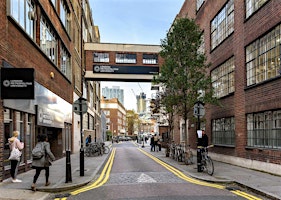

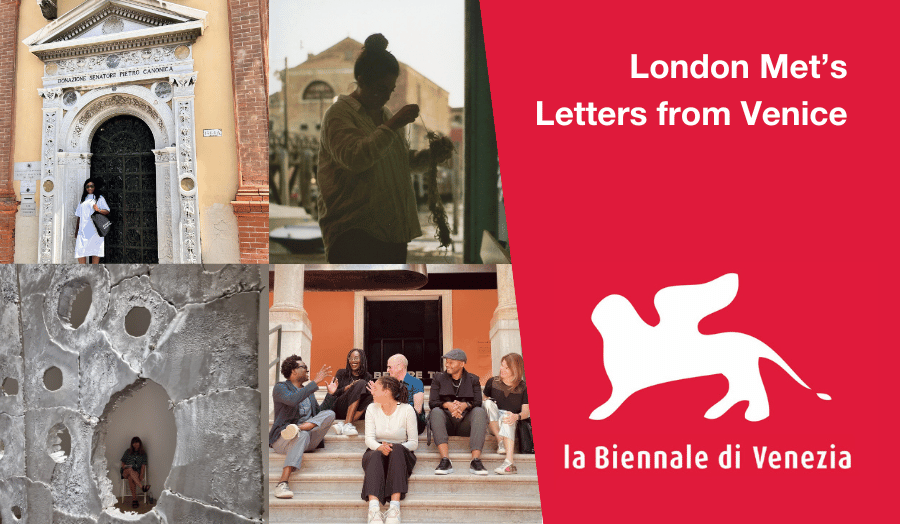
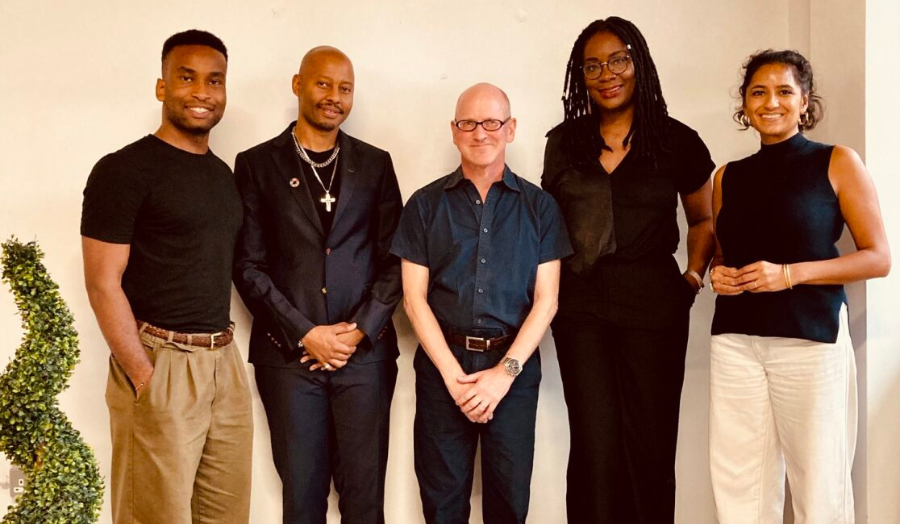
.png)

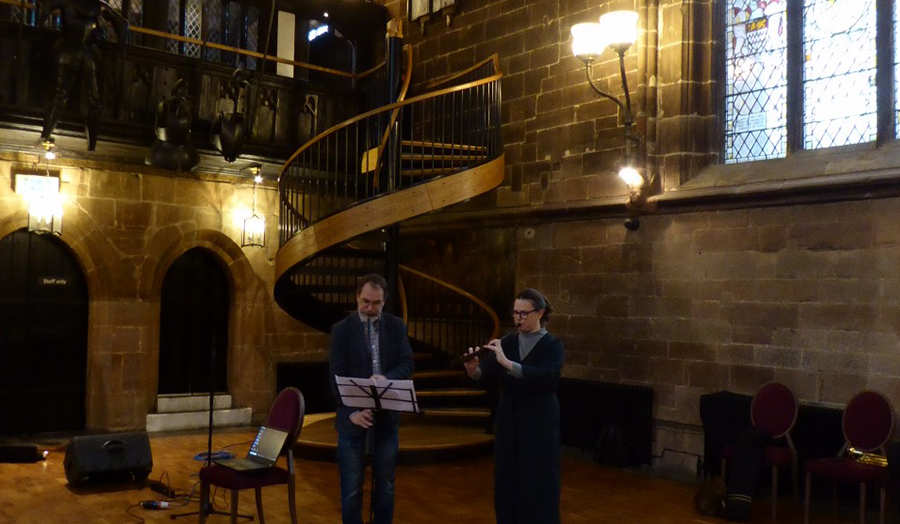

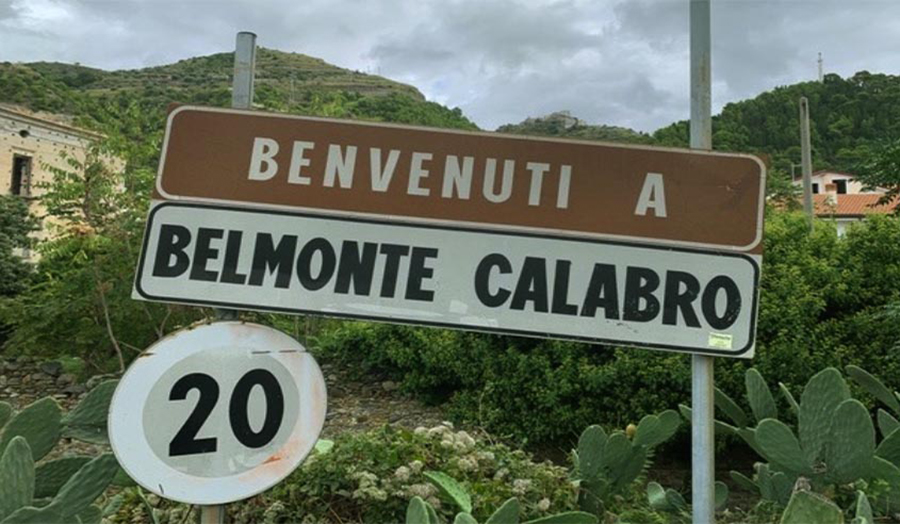
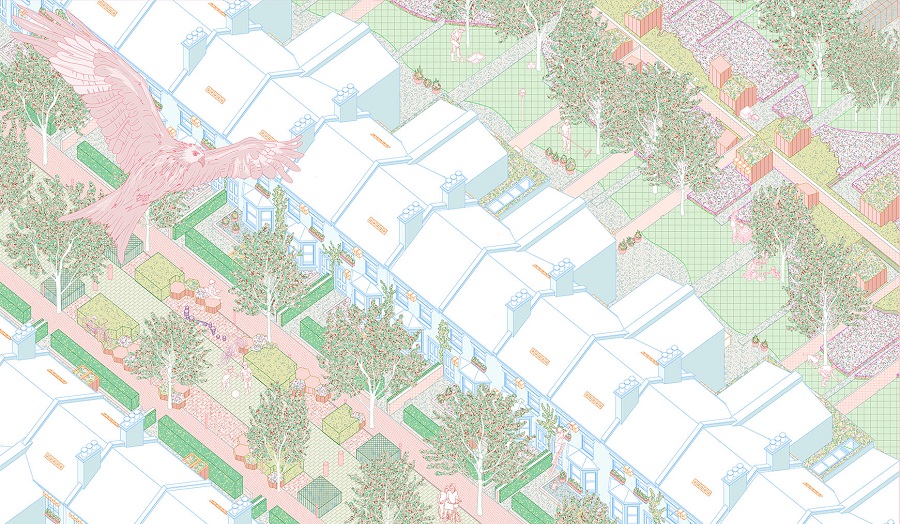




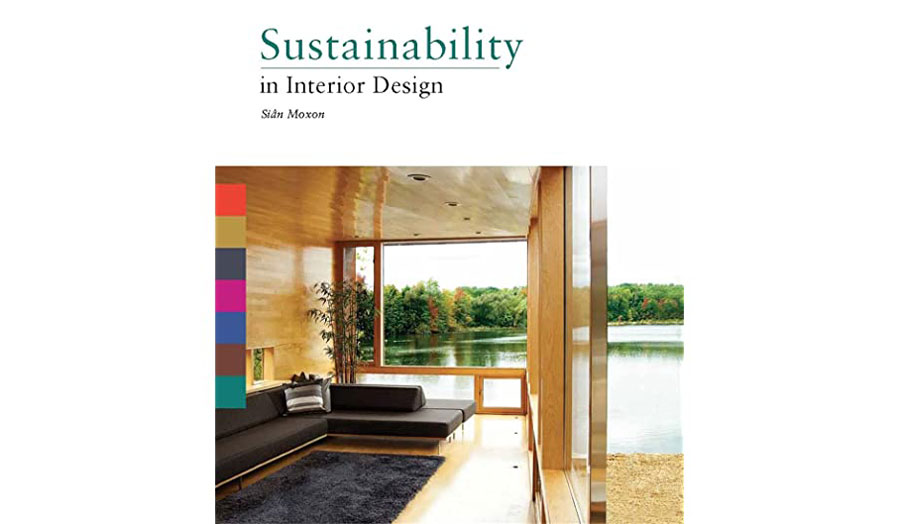
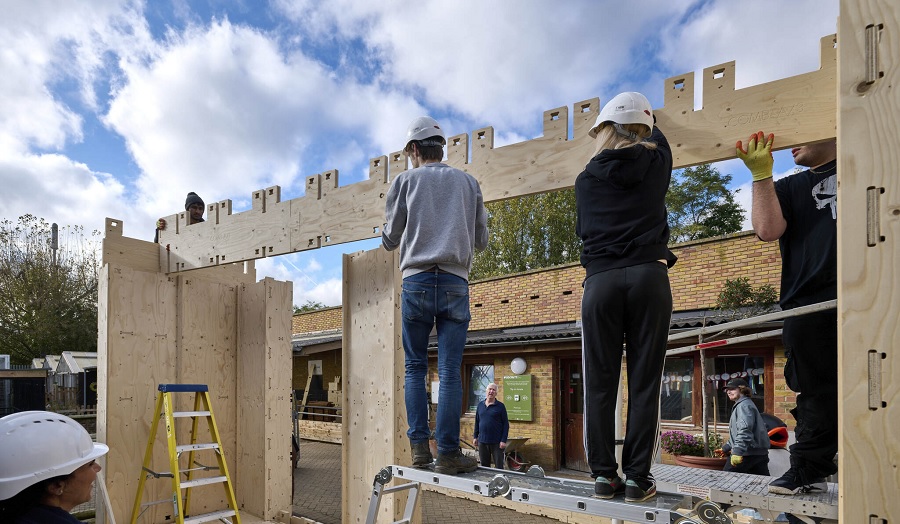

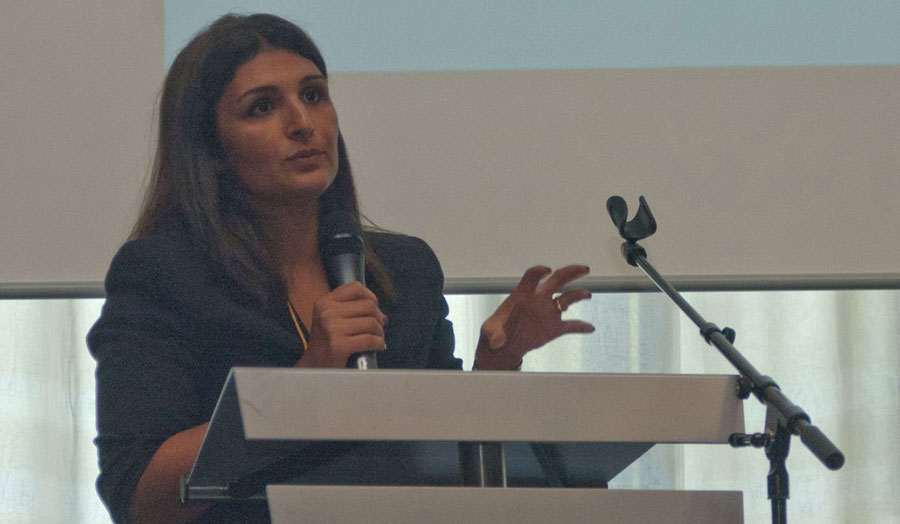
.jpg)